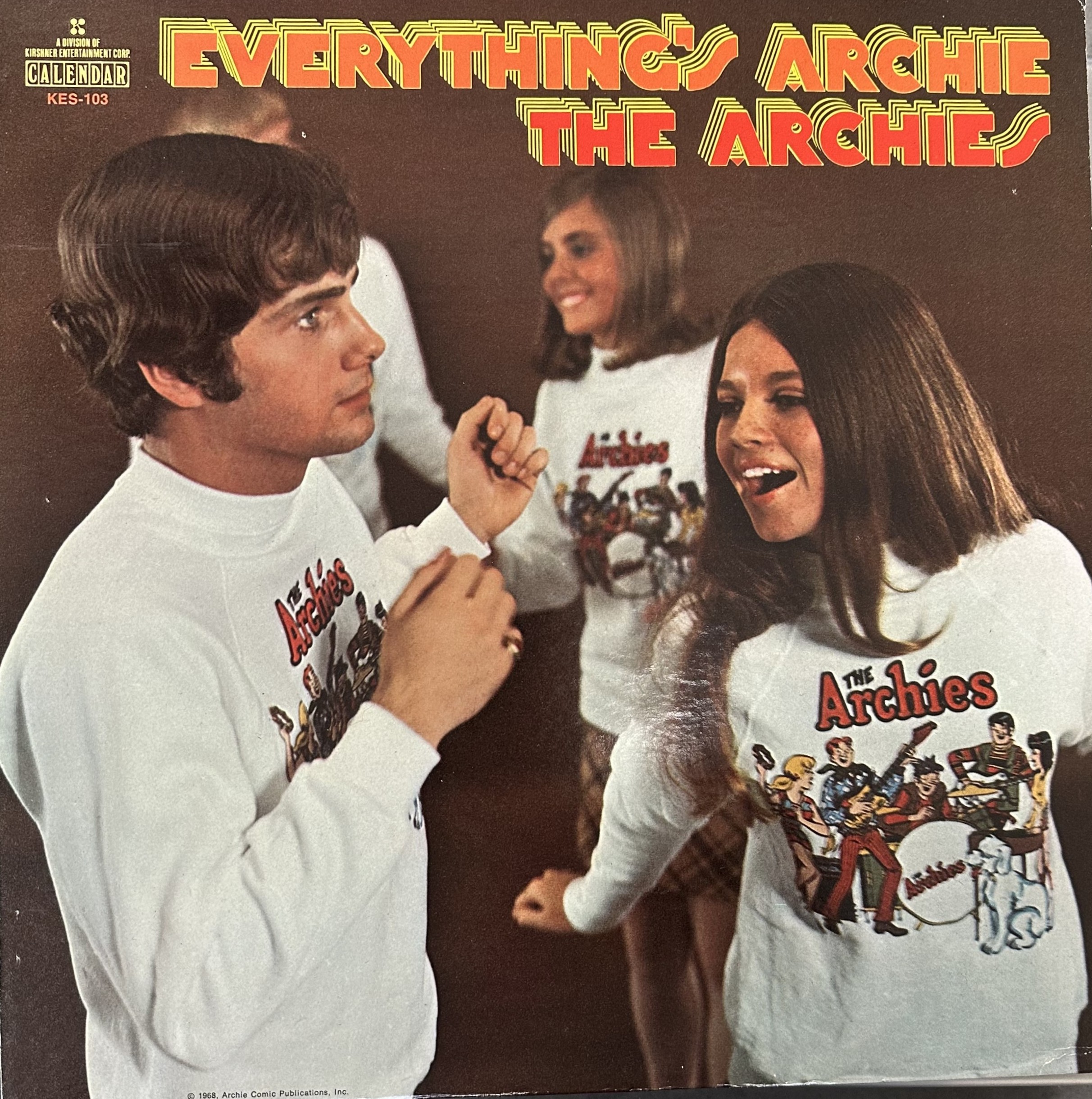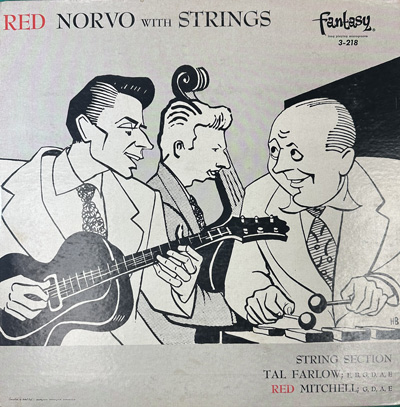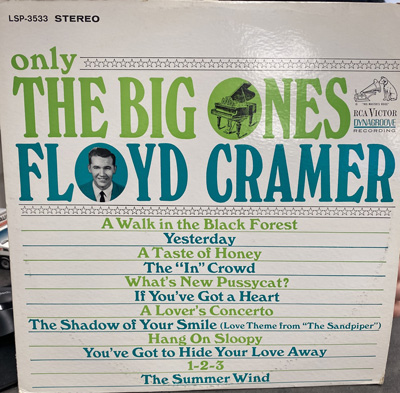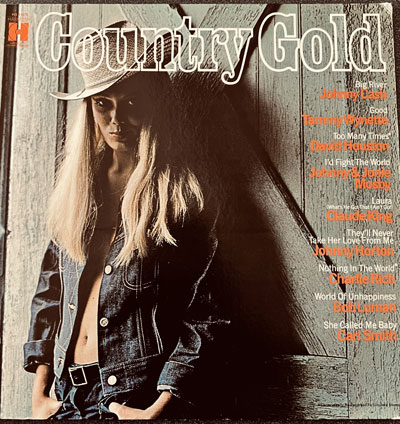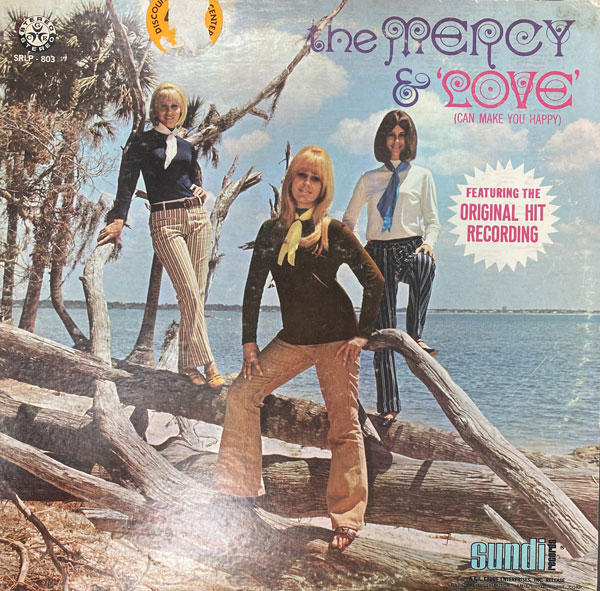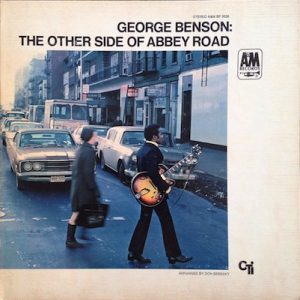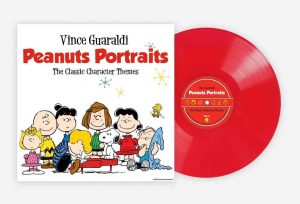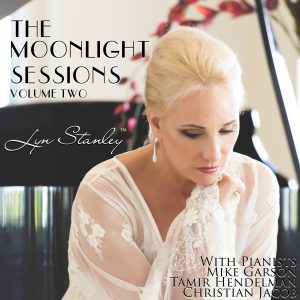Nobody talks about Vaughn Monroe (1911-1973) anymore. That's sad, because Monroe was a very good singer. It's pretty clear to me that it's his unusual voice that places him in obscurity. Nothing sounds like his baritone voice. By today's standards, and even by my own retro standards, he sounds a little usual. His voice is very rich. It also has a leathery texture. In his day he was nicknamed "Ol' Leather Tonsils," and it was for good reason.
Vaughn Monroe Plays Cole Porter (RCA LPM 11) is from the year 1951, and my copy is the only Monroe album I've ever seen in good condition. If I were to reissue this album I'd be tempted to change the title to Vaughn Monroe Sings Cole Porter, because his voice is special. Although he was a bandleader, the record label's reference to "his orchestra" means he's backed by studio musicians. I love studio musicians, and the musicianship on this LP is awesome.
I like to start the album on side one cut two, "You'd Be So Easy To Love." Monroe's interpretation is similar to Bing Crosby's 1949 recording, but Monroe's strings play with a lot more verve. I love the fact there is no reverb on this recording, so the strings and Monroe's voice sounds like they are right here in my listening room.
Side one cut three is a toe-tapping performance of "Don't Fence Me In." There isn't a song that rolls off the tongue easier than this classic, and for years my favorite recording was by Bing Crosby and The Andrews Sisters. Now I have two favorites. The sound on this cut is beyond reproach, and it begs you to crank the volume up.
Side two cut two is another classic, "I Get A Kick Out Of You." Monroe's performance rivals Ella and Sinatra, and having the best sound of the three makes it even better.
Side two closes with a rousing performance of "I Concentrate On You." The orchestra, Monroe, and the chorus are having a merry old time, and so will anybody who plays it.
I love the way this record was recorded. Sure, it sounds like an old record, but it sounds like a really good old record. The bass goes, as bass from this era often does, right through the floor. Monroe's voice sounds rich and smooth, as you should expect from an RCA ribbon mic. The strings and the chorus are simply here in my room. I'll freely admit that bottom-up tonal balance is a sound from the past, but the strings have a sense of weight and texture that most stereo recordings lack. And I really like this kind of string sound. I could also just say that the sound is downright cool, because it really is. The Hana EH moving coil plays this record with more realism than my Grado Reference.
This 10" record has only six cuts rather than the usual eight. It's an easy to enjoy little gem that I'm proud to own and play.






